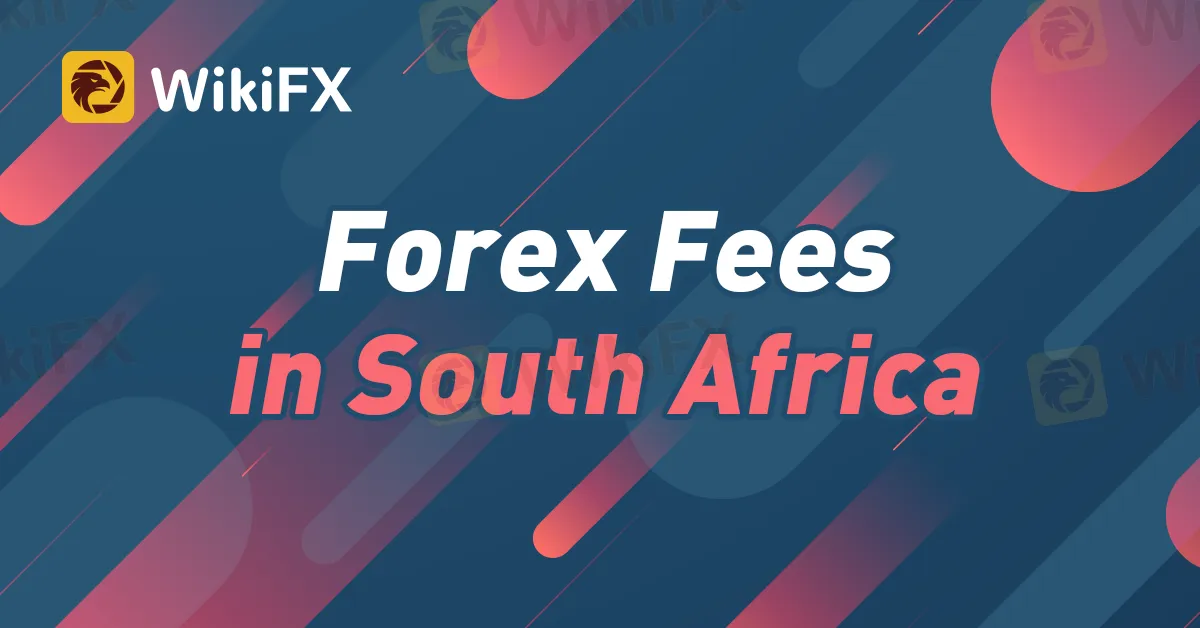简体中文
繁體中文
English
Pусский
日本語
ภาษาไทย
Tiếng Việt
Bahasa Indonesia
Español
हिन्दी
Filippiiniläinen
Français
Deutsch
Português
Türkçe
한국어
العربية
Forex Fees in South Africa
Abstract:Forex trading has become increasingly popular in South Africa in recent years, with many individuals looking to invest in global currencies and potentially make significant profits. However, with this rise in popularity comes a need for clarity on what traders are really being charged for forex in South Africa.

Forex trading has become increasingly popular in South Africa in recent years, with many individuals looking to invest in global currencies and potentially make significant profits. However, with this rise in popularity comes a need for clarity on what traders are really being charged for forex in South Africa.
The first thing to understand is that there are several costs involved in forex trading, and these can vary depending on the broker you choose and the type of account you open. The most common fees charged by forex brokers in South Africa include spreads, commissions, swap fees, and account maintenance fees.
The spread is the difference between the buy and sell prices of a currency pair, and this is where most brokers make their money. Generally, the tighter the spread, the better for the trader. Commissions are another common fee, and some brokers charge a fixed commission per trade or a percentage of the trade's value.
Swap fees, also known as rollover fees, are charged when a trader holds a position open overnight, and this fee is based on the interest rate differential between the two currencies being traded. Account maintenance fees are another cost to consider, and some brokers charge a monthly fee to keep your account active.
When selecting a forex broker in South Africa, it's important to look at all of these costs and compare them across different brokers to find the best value for your trading needs. It's also worth noting that some brokers may offer additional services, such as educational resources and trading tools, which can add value and potentially justify higher fees.
One resource that can help traders in South Africa find reliable and reputable forex brokers is WikiFX. WikiFX is a platform that provides information and ratings on forex brokers, including their regulatory status, trading conditions, and customer feedback. This can be a valuable tool for traders looking to make informed decisions about where to invest their money.
In conclusion, forex trading in South Africa can be a profitable venture, but it's important to understand the costs involved and compare them across different brokers. By doing your research and using resources like WikiFX, you can find a reliable and cost-effective forex broker that meets your trading needs.

Disclaimer:
The views in this article only represent the author's personal views, and do not constitute investment advice on this platform. This platform does not guarantee the accuracy, completeness and timeliness of the information in the article, and will not be liable for any loss caused by the use of or reliance on the information in the article.
Read more

What Makes Cross-Border Payments Easier Than Ever?
Cross-border payments are now faster, cheaper, and simpler! Explore fintech, blockchain, and smart solutions to overcome costs, delays, and global payment hurdles.

Many Social Media 'Investment Gurus' Are Scammers Preying on Malaysian Traders
Social media platforms have become breeding grounds for scammers posing as investment gurus, exploiting the growing interest in forex and cryptocurrency trading among Malaysians. Fraudulent "financial experts" often create the illusion of legitimacy by offering enticing stock analyses and promises of high returns.

Why Even the Highly Educated Fall Victim to Investment Scams?
Understanding why educated individuals fall victim to scams serves as a stark reminder for all traders to remain vigilant, exercise due diligence, and keep emotions firmly in check.

Beware of Deepfake 'Experts' and Fake Apps: Protecting Yourself from Trading Scams
In recent years, the rise of deepfake technology and sophisticated online exploitation tactics have led to a dangerous surge in share-trading frauds. Cybercriminals have evolved their methods to deceive even the most cautious investors, making it increasingly challenging for individuals to discern genuine opportunities from scams.
WikiFX Broker
Latest News
Hackers Charged for $11M Crypto Theft Using SIM-Swaps
Role of Central Banks in the FX Market
FCA Alerts Against Sydney FX
What Makes Cross-Border Payments Easier Than Ever?
Trader Exposes Unethical Practices by STP Trading
Malaysian Man Loses RM113,000 in Foreign Currency Investment Scam
Bitcoin Nears $100,000: A Triumph of Optimism or a Warning Sign?
Mastercard Partners with JPMorgan for B2B Cross-Border Payments
FCA Identifies Clone Firm Exploiting Admiral Markets' Credibility
Coinbase Under Scrutiny Amid Wrapped Bitcoin Delisting Controversy
Currency Calculator


